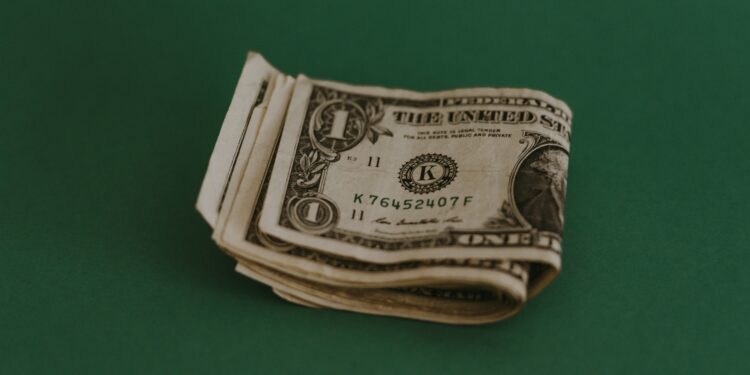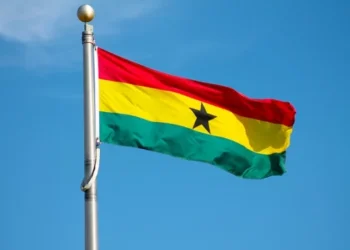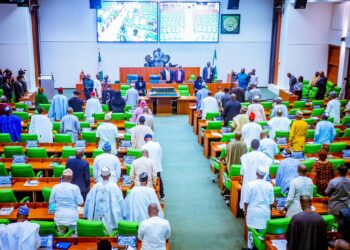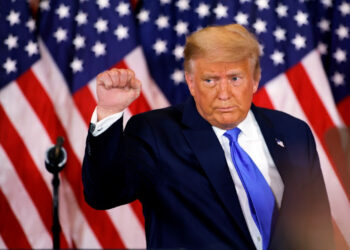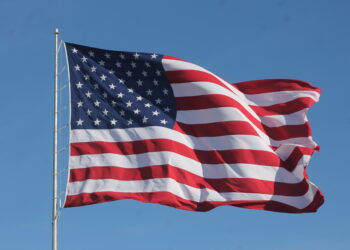The exchange rate between the naira and the dollar closed the week at N1,466/$1, reaching a two-month low as a stronger dollar continues to outpace global currencies.
The exchange rate has now weakened by a significant 26.8% since reaching its strongest point of N1,072/$1 in April when it was declared the best performing currency by the apex bank.
The closing rate of N1,466/$1 marks the lowest level the naira has touched since March 20th, when it was at N1,492/$1. This confirms that all the gains recorded in April have been erased.
The exchange rate strengthened to a yearly high of N1,072/$1 on April 17th, providing a glimmer of hope for many Nigerians that the central bank’s forex policies were effective.
This peak coincided with the Central Bank governor’s press briefing at the IMF, where he stated that there was no intention to defend the naira following a drop in external reserves.
Friday’s closing rates
According to information from FMDQ, the closing rate of the exchange rate on Friday was N1,466/$1, the lowest since March 20th, 2024.
- The intra-day highs and lows were N1,490/$1 and N1,322/$1 respectively, suggesting that traders were already approaching the N1,500/$1 mark.
- The daily turnover on Friday also rose to $113.7 million after dropping to a three-month low of $84 million on Thursday. The average daily turnover for May has been $149 million, the lowest since January when it was $97 million.
- March and April recorded daily average turnovers of $252 million and $194 million respectively, coinciding with the naira’s appreciation by mid-April.
- Meanwhile, in the parallel market where the exchange rate trades unofficially, the naira is being quoted as low as N1,470/$1 according to information gathered from some BDC operators.
Some indicate that if demand persists, the exchange rate could weaken to the N1,500 mark.
We are not defending the naira
At the IMF, Central Bank Governor Yemi Cardoso emphasized that the decline in external reserves was not due to the apex bank defending the naira.
He further clarified that the decreasing foreign exchange (FX) reserves were primarily attributable to debt repayments and other standard financial obligations, rather than efforts to defend the naira.
“The shift you see in our reserves has little or nothing to do with defending any naira and that is certainly not our objective. What you see with respect to the shifts in our reserves is the shift you will find in any country’s reserve situation where for example debts are due and certain payments need to be made and they are made because that it also part of keeping your credibility intact.” – Cardoso
He also stated that there were no future intentions to defend the currency with external reserves, explaining that such actions would be counterintuitive given that the apex bank was already implementing a willing buyer, willing seller policy.
Subsequently, on April 20th, the Central Bank Governor asserted that their policies had led to the naira becoming the best performing currency in the world.
“April saw the naira emerge as the best-performing currency globally, supported by bullish sentiment from leading international investment institutions. Our FX market is experiencing robust activities, with turnover reaching levels not seen in over seven years. This liquidity boost instils confidence among investors, businesses, and other partners, ensuring fluidity in their interactions with Nigeria’s FX markets.”- Cardoso
However, since then the naira has slid against the dollar falling by as much as 26.8% making it one of the worst performing currencies in the world in May.
The central bank has been muted on the exchange rate since the IMF Spring meeting as analyst ponder on the apex bank’s next move. Meanwhile interest rates on government securities continue to notch higher with the last treasury bills auction rate going for as high as 20.7%

